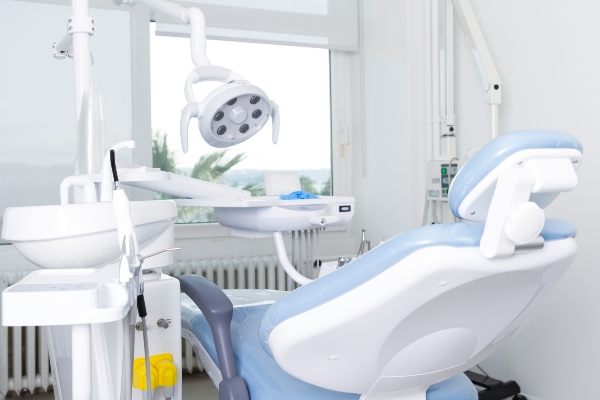 Halitosis is one of the most common issues that a dentist encounters. Halitosis is a condition when someone has bad breath, beyond what is acceptable for everyday life. Keep in mind, this is not like if you eat something with a strong scent, such as garlic. Halitosis goes well beyond this, and could be a sign of a serious dental issue.
Halitosis is one of the most common issues that a dentist encounters. Halitosis is a condition when someone has bad breath, beyond what is acceptable for everyday life. Keep in mind, this is not like if you eat something with a strong scent, such as garlic. Halitosis goes well beyond this, and could be a sign of a serious dental issue.
What is halitosis?
Halitosis is a condition that is diagnosable by a dentist and is when a person has chronically bad breath. Halitosis is relatively common but is ultimately preventable and treatable if appropriately handled. In this article, we will look at some of the common causes of halitosis and what can be done to treat it.
Common causes of halitosis
If you go to a dentist and they diagnose you with halitosis, it is most likely caused by one of the following things.
Foods and drinks that cause bad breath
There are a variety of foods and drinks, such as garlic and onions, that cause bad breath to the point of halitosis. Food gets absorbed into your bloodstream and can cause bad breath to linger longer than average.
Not taking care of your teeth or dentures
One of the easiest ways to cause halitosis is simply by not taking care of your teeth or dentures. Poor oral healthcare is a stepping stone to halitosis and many other teeth and gum-related diseases.
Bacteria on the surface of the tongue that cause bad breath
Certain bacteria found on the back of the tongue combine with amino acids and result in a sulfur-like smell. Some causes of this bacteria may include periodontal disease, tobacco products, and dry mouth (xerostomia). This bacteria can also be caused by health conditions that originate elsewhere in the body. For example, respiratory disorders, diabetes, liver or kidney diseases, and gastrointestinal disorders can lead to halitosis, among other problems.
How do I prevent halitosis?
Luckily, halitosis is a preventable disease, and by consulting your dentist, they will advise on ways to prevent it.
Brush and floss
Something that every dentist will tell you to do is to brush and floss your teeth twice a day. Do not just stop brushing your teeth. Bad breath does not stick to your teeth as much as it sticks to your tongue, cheeks, and roof of the mouth. Make sure to brush each of these areas when you brush your teeth, and this will help to stave off halitosis.
Practice proper denture care
Take extra measures if you wear dentures and want to prevent halitosis. Take them out each night, clean them thoroughly, and frequently consult your dentist if you’re worried about halitosis.
No smoking
Smoking and using tobacco products is a terrible idea if you want to prevent mouth conditions. To prevent halitosis and other nasty diseases, stop using tobacco products immediately.
Watch what you eat
Stay away from foods that do not make you chew very much. One of the best ways to prevent halitosis is by eating healthy foods, such as vegetables, that make you frequently chew before swallowing. This action keeps saliva flowing and keeps the mouth from stinking. If you eat and drink things like coffee and sugars that stain and damage your teeth, flossing and brushing even more often is recommended.
Regular dental checkups
The best way to prevent halitosis outside of brushing and flossing at least twice a day is to visit a dentist twice a year. By allowing your dentist to monitor your oral health closely, you will keep things like halitosis from getting out of hand.
Reach out to your dentist today
Do not let halitosis ruin your everyday interactions with others. Take care of your mouth and visit a dentist regularly, and halitosis will not be an issue for you. Learn more from your dentist today.
Request an appointment or call North Georgia Smiles at 770-889-7867 for an appointment in our Cumming office.
Related Posts
Finding a primary care dental provider is a proactive decision that supports your overall wellbeing as well as your oral health. Here are some easy ways to locate a dentist and feel confident in your choice.Begin by thinking about the aspects of a dental practice or dental provider that would be most convenient or appealing…
A dentist is tasked with maintaining healthy teeth, gums, and mouths for their patients. Periodontal issues are serious gum infections that damage gums and can also destroy the jawbone. Periodontitis is common but can be preventable.A periodontal papule usually results from periodontitis or gum disease, common among adults. This infection can start in the bone…
Dentists are crucial to every aspect of oral and dental health, including restorations. While many people assume that daily dental hygiene is enough to protect their oral health, this is not always the case. In addition to having a great daily dental routine, you also need to make it a routine to visit your dentist…
